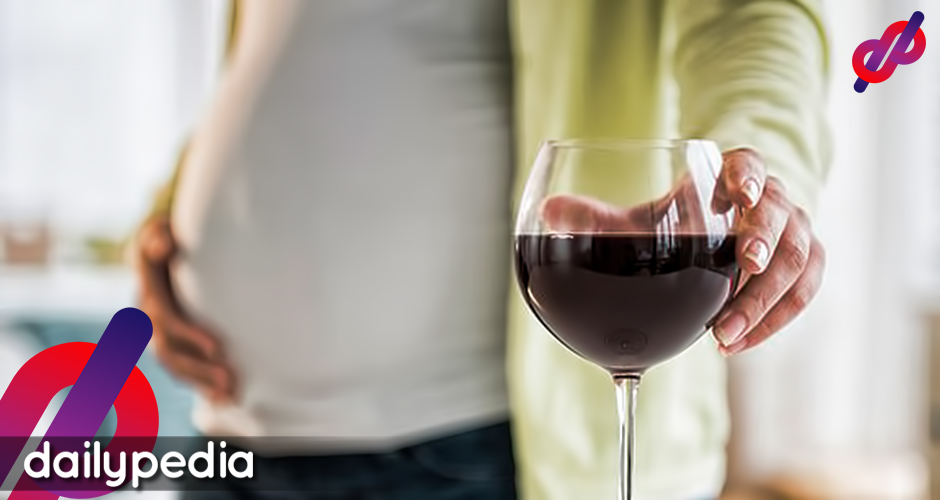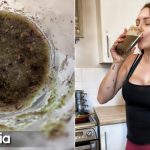- This was discovered after researchers from the UK studied more than 14,000 participants.
- On the other hand, the research also suggests that there is very little evidence that says that the partners’ drinking habits will have a direct effect on their children’s mental health.
A new study from the United Kingdom has found serious effects of mothers who decide to drink alcohol while pregnant. It said that their child may have a higher risk of developing depression as teenagers.
Conducted by researchers from the University of Bristol, the study looked at data from around 14,541 mothers who have volunteered to be a part of the Avon Longitudinal Study of Parents and Children (ALSPAC).

It is long-term research that has followed pregnant women, their partners, and their children since the 1990s.
Out of the participants, 4,191 mothers consumed alcohol while on their 18th to 32nd week of pregnancy. The researchers also had access to data regarding the women’s partners’ drinking habits as well as the rate of depression of teenagers at the age of 18.
The findings were published in the journal titled Alcoholism: Clinical and Experimental Research. It showed that children whose mothers consumed alcohol while pregnant may have up to a 17% higher risk of depression when they reach the age of 18, compared to the children whose mothers did not drink during pregnancy.
But the research found insufficient evidence that states that the partner’s drinking habits affect their children’s depression. They explained that the partner’s alcohol consumption is not likely to have a strong biological effect on the developing fetus, unlike the mother’s. It suggests that the link between maternal drinking and depression may be casual.
“Our study suggests that children whose mothers consumed alcohol at 18 weeks gestation have a higher risk of depression at age 18 compared to those who did not drink alcohol,” said Dr. Kayleigh Easey.
“What was really interesting here is that we also investigated paternal alcohol use during pregnancy and did not find a similar association. Many of the indirect factors that could explain the maternal effects are shared between mothers and partners (such as socio-demographic factors); despite this, we only found associations for mothers drinking.”



